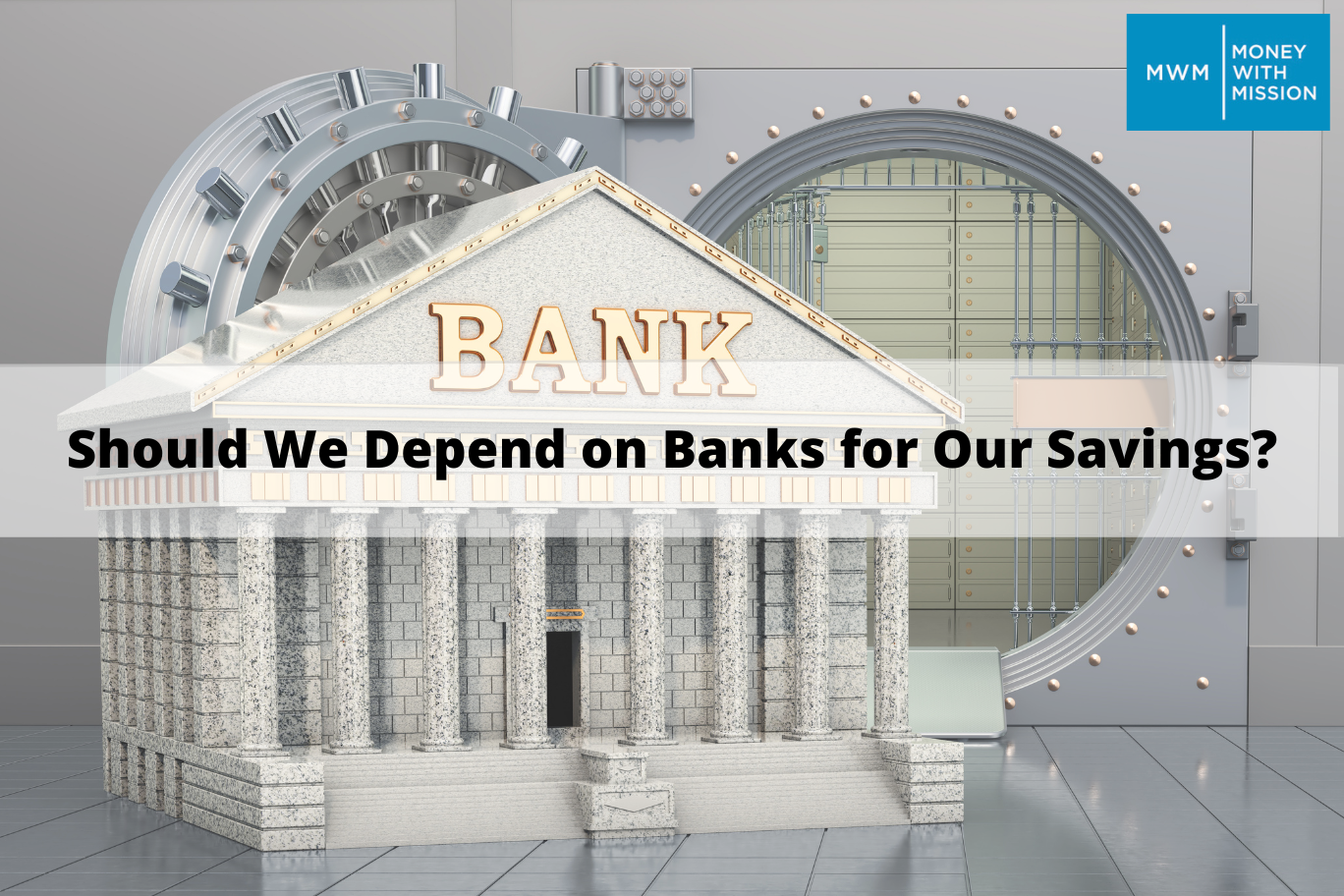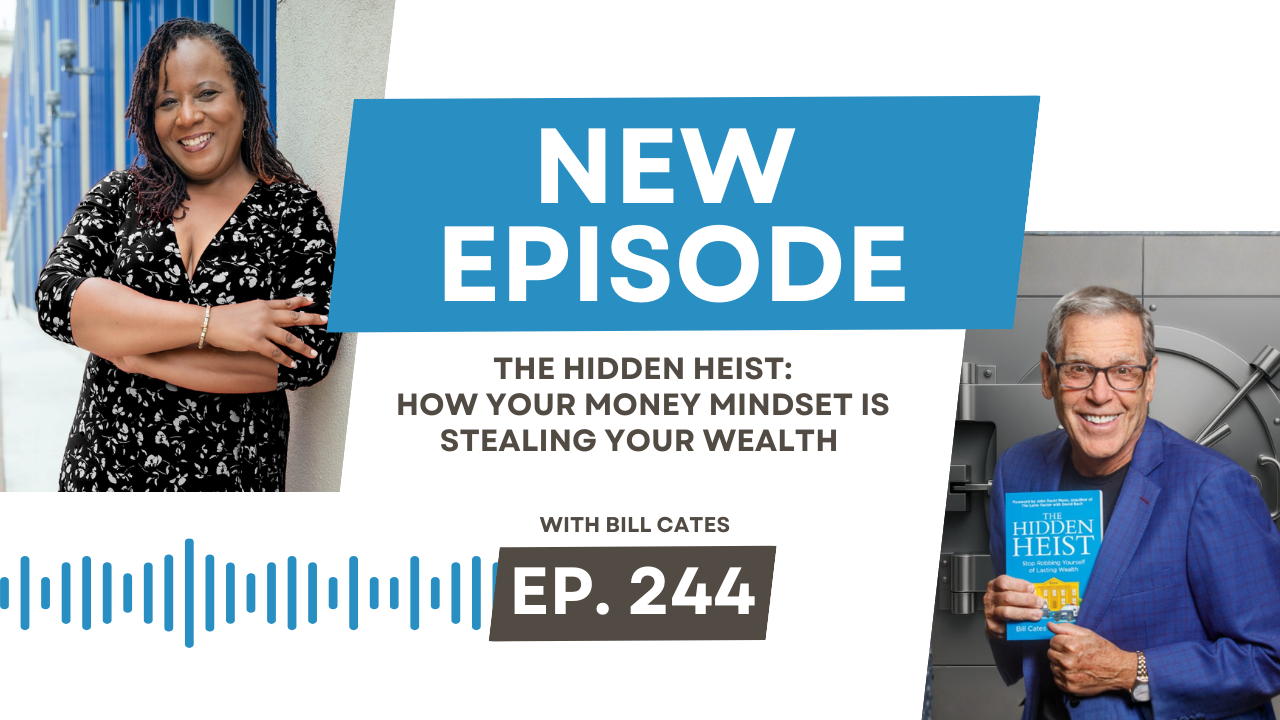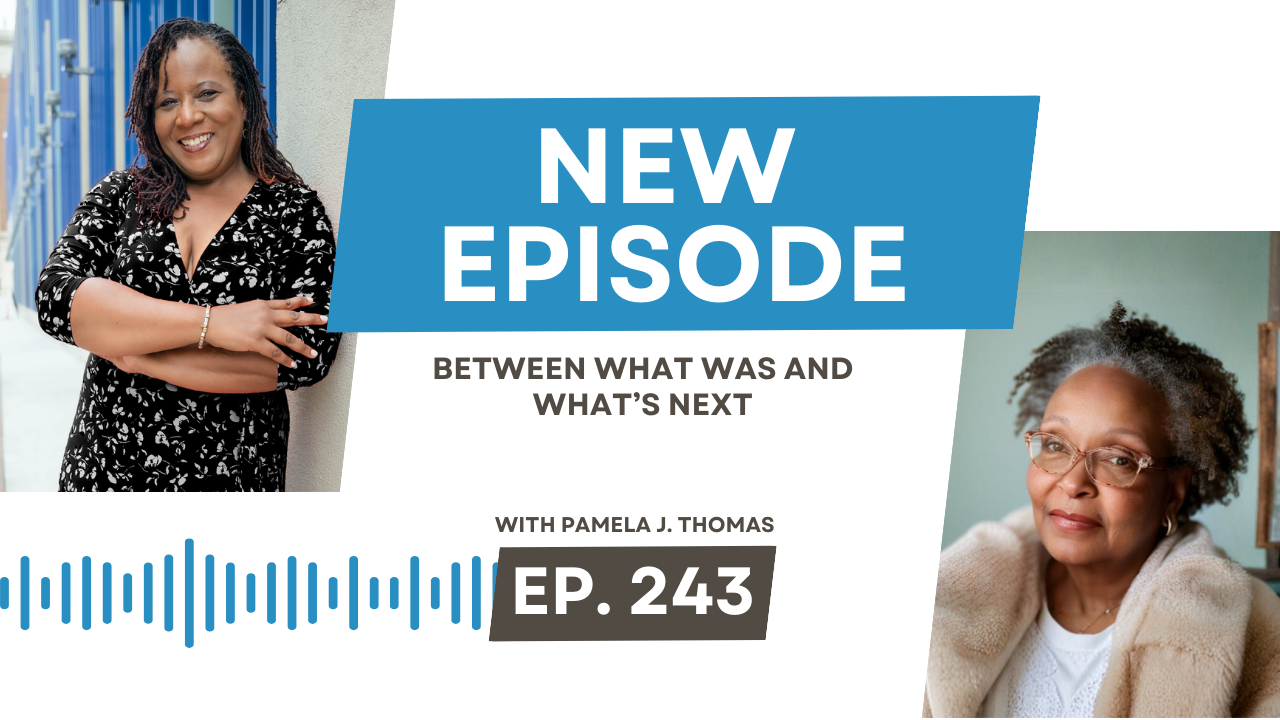[vc_row][vc_column][vc_column_text]
|
|
|
|
|
|
|
|
|
|
|
[/vc_column_text][/vc_column][/vc_row]

[vc_row][vc_column][vc_column_text]
|
|
|
|
|
|
|
|
|
|
|
[/vc_column_text][/vc_column][/vc_row]

How to Align Money With Your Mission Hey friend, Let me ask you something gently. When was the last time you gave yourself real space to think about your money, not just pay bills or check investments, but actually reflect on what it’s building for you? You’re busy. You’re capable. You’re responsible. From the

What if the biggest threat to your wealth isn’t the market, but your mindset?
In this powerful conversation, Dr. Felecia Froe sits down with Bill Cates to explore the invisible forces shaping our financial lives. From childhood money memories and scarcity conditioning to compounding, risk, and investing, they unpack the psychology behind how we earn, save, and grow wealth.

In this powerful and reflective conversation, Dr. Felecia Froe guests on Soul Sync with Pamela J. Thomas to explore what it truly means to navigate life’s transitions with clarity, courage, and intention. From her early path as a physician to her evolution into a real estate investor, social impact leader, and founder of Money With Mission and Wealth BHers, Dr. Froe shares the pivotal moments that reshaped her relationship with money, fear, and freedom.